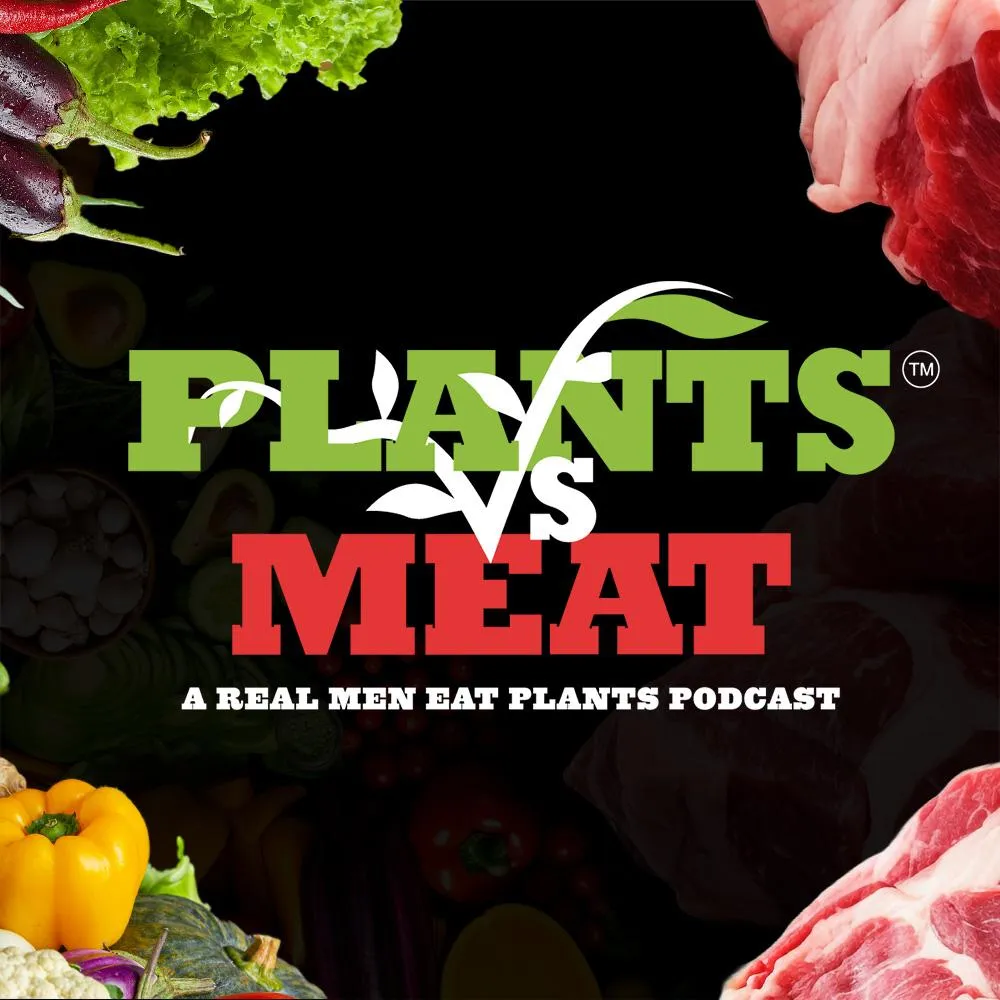Who are we?
GGC is a dynamic hub where leaders in the green economy converge to foster connectivity and collaboration.
collective intelligence
shared expertise
revolutionary growth

Join a Community of Change-Makers
Engage with a network of visionary professionals, sustainability advocates, and pioneering entrepreneurs committed to impactful environmental change.

Strength in Unity
We enhance each other's strengths, exchange pivotal insights, and bolster each other’s missions.



Fuel Your Journey
Participate in stimulating discussions, access exclusive resources, and attend transformative events. Become a part of a mastermind - every connection fuels your journey toward a sustainable future.

Read GGC Expert Articles

The Future of Food: Exploring Lab-Grown Meat Alternatives
In recent years, the food industry has witnessed a paradigm shift towards more sustainable and ethical alternatives to traditional meat products. One of the most promising developments in this space is the emergence of lab-grown meat alternatives, also known as cultured or cell-based meat. In this blog post, we'll delve into the world of lab-grown meat, exploring its potential to revolutionize the way we eat and address pressing environmental and ethical concerns.
The Science Behind Lab-Grown Meat
Lab-grown meat is produced by cultivating animal cells in a controlled environment, typically in bioreactor tanks. Scientists extract a small sample of cells from an animal, such as a cow or chicken, and then stimulate these cells to multiply and differentiate into muscle tissue. The result is a product that closely resembles conventional meat in terms of taste, texture, and nutritional composition, but without the need for raising and slaughtering animals.

Environmental and Ethical Benefits
Lab-grown meat offers a host of environmental and ethical benefits compared to traditional meat production. By eliminating the need for vast amounts of land, water, and feed associated with livestock farming, lab-grown meat significantly reduces the carbon footprint and ecological impact of meat consumption. Furthermore, it alleviates concerns related to animal welfare, as it does not involve the slaughter of animals or the confinement of livestock in crowded and often inhumane conditions.
The Potential of Lab-Grown Meat
The development of lab-grown meat has the potential to revolutionize the food industry and address some of the most pressing challenges facing our planet. With global demand for meat expected to rise significantly in the coming decades, lab-grown meat offers a sustainable and scalable solution to meet this demand without further depleting natural resources or exacerbating climate change. Moreover, it opens up new possibilities for creating novel and healthier meat products that cater to diverse dietary preferences and cultural traditions.
Challenges and Opportunities
Despite its immense potential, lab-grown meat still faces several challenges, including scalability, cost, and regulatory approval. However, ongoing research and technological advancements are steadily overcoming these obstacles, paving the way for wider adoption and acceptance of lab-grown meat in the marketplace. As consumer awareness and demand for sustainable and ethical food options continue to grow, lab-grown meat presents a unique opportunity to transform the way we produce and consume meat on a global scale.
Conclusion
In conclusion, lab-grown meat represents a promising and exciting frontier in the quest for more sustainable and ethical food systems. By harnessing the power of science and innovation, we have the opportunity to create a more resilient, equitable, and environmentally friendly food future. Whether you're a conscious consumer, a forward-thinking entrepreneur, or a passionate advocate for animal welfare and environmental conservation, lab-grown meat offers a compelling vision of a better world – one bite at a time.
Are you in favor of the lab-grown meat movement, or do you have reservations about its implications?






Facebook
Instagram
LinkedIn
Youtube